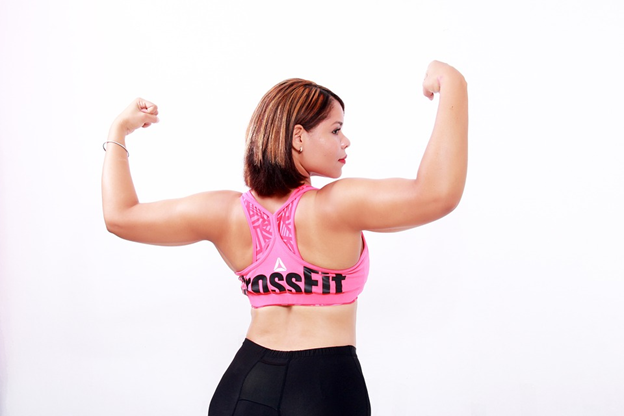When you’re recovering from a drug or alcohol addiction, getting clean and sober is a tough process. In the midst of recovery, there will be trials and obstacles testing your resilience. Engaging in an exercise regimen is one of the best things you can do for yourself, and you can even use technology to aid your efforts.
Why a Fitness Plan Helps
Addiction takes a toll on your mind and body. According to studies, abusing drugs or alcohol affects virtually every system of the addict. Many people realize learning, judgment, decision-making, and memory are affected. However, it’s important to understand that substance abuse also increases the risk of cancer, liver problems, mental disorders, lung and heart disease, and infectious diseases such as HIV, tuberculosis, and hepatitis.
By engaging in an exercise regimen, you can begin repairing the damage to your body. Forbes notes the many health benefits of exercise, such as reducing inflammation, boosting immune function, improved cardiovascular health, and slowing the aging process. Exercise also helps treat depression, lowers anxiety, and helps manage stress. Mayo Clinic advocates exercise for stress relief, citing that physical activity can boost your brain’s endorphin production. Not only this, a good workout can help you sleep, which has the added benefit of making you more prepared to cope with depression and anxiety as you continue on with your treatment.
If all of this is not enough, keep in mind that, through working out, you can even grow new brain cells and retain better brain function.
For those in recovery, the benefits of exercise are particularly pertinent. As Harvard Health Publishing explains, physical activity causes your body to release its own feel-good chemicals, giving you a natural “high” to essentially replace the one your mind and body are missing. You can think more clearly, reduce the depression that goes hand-in-hand with recovery, and experience feelings of well-being. A workout program increases your self-esteem and helps fill any void in your life you may feel from not being involved in your old lifestyle. You also add healthy coping skills to your repertoire; if you get stressed, you have exercise as an outlet for negative energy. In this unique way, a fitness regimen can help prevent relapse.
Getting Started
If you’re someone who tends toward “all or nothing,” it’s important to use restraint when you begin exercising. With an exercise routine, overdoing it can lead to muscle strain and burnout. You should start slow and build up your fitness level, finding the ideal workout for you. Many people do best with walking at first. You can plug short time slots into your day, put on a pair of comfortable shoes, and go. Ten-minute sessions are enough to get started.
Once you begin feeling better, focus on doing both cardio and strength building. For cardio, anything that gets your heart rate up for at least a half-hour is perfect — like dancing, yoga (there are many beginner apps available), or jogging. Strength training can involve lifting weights, using resistance bands, or even rock climbing. Consider adding variety to your routine. Finding new hobbies is a key to overcoming an addiction, so explore the possibilities to find something you really love doing.
Many find that fitness trackers help make working out more enjoyable. On top of that, they can be a motivating force because you’ll be able to view all the progress you’re making. So before beginning your new fitness routine, consider investing in a smartwatch or fitness tracker. The latest models allow you to measure your steps, calories burned, heart rate, and much more. For example, Apple recently launched its new smartwatch, the Apple Watch Series 5, which has strong app support, an always-on display, and a compass and gyroscope.
Engage Support
Many people benefit from a workout buddy or personal trainer. The camaraderie and healthy competition provide an effective boost to an exercise program. According to Shape, having someone there is an opportunity to receive encouragement. A partner can check your form, effectively reduces your stress levels, and helps you push to meet goals. What’s more, having someone there means you are more inclined to stick with your exercise program long-term. It keeps you from getting into a rut, helps you stay motivated, and helps you meet fitness goals faster than if you work out alone.
Getting clean is a tough process, and you need every tool at your disposal during recovery. Engaging in an exercise program can help you heal, feel better, and stay sober for the long haul. Making fitness part of your new lifestyle is one of the best things you can do to ensure success!


